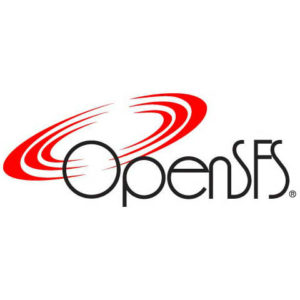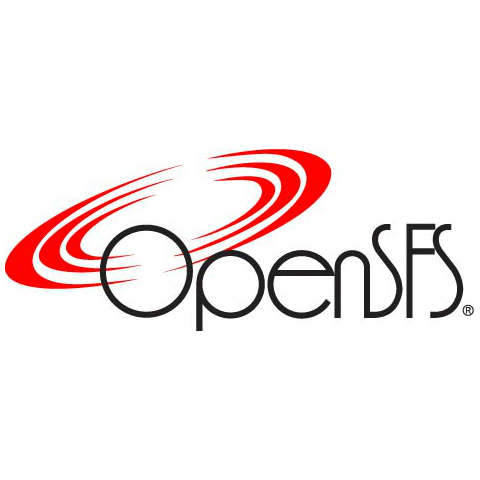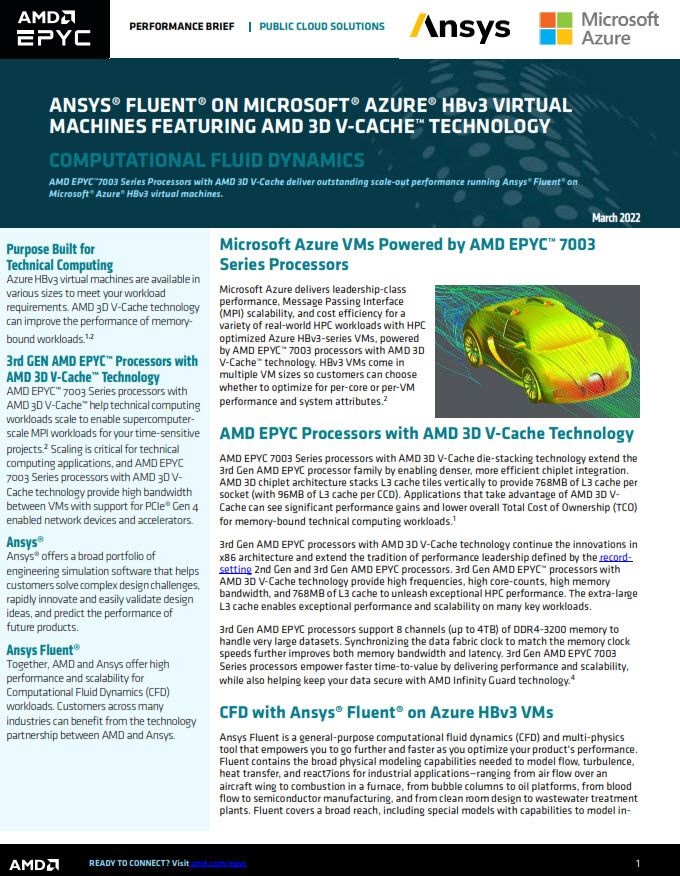 In a move to solidify and expand the use of the open-source Lustre file system for the greater high-performance computing community, OpenSFS today announced the first Long Term Support (LTS) maintenance release of Lustre 2.10.1.
In a move to solidify and expand the use of the open-source Lustre file system for the greater high-performance computing community, OpenSFS today announced the first Long Term Support (LTS) maintenance release of Lustre 2.10.1.
This latest advance, in effect, fulfills a commitment made by Intel last April to align its efforts and support around the community release, including efforts to design and release a maintenance version. This transition enables growth in the adoption and rate of innovation for Lustre.
“When OpenSFS transitioned to being community-driven, it was exactly things like this that we were hoping for,” stated Steve Simms, former OpenSFS president. “It’s a real milestone for Lustre as an open-source project.”
The Lustre file system is a critical tool for HPC to meet the growing demands of users who are using vast amounts of data to tackle increasingly complex problems,” added Trish Damkroger, Vice President of Technical Computing at Intel. “Intel continues to invest in the Lustre community as shown by the 2.10.1 release and are looking forward to continued collaboration with OpenSFS on the Lustre 2.11 release.”
Aside from Intel, other members of the Lustre Working Group (LWG), a technical group of senior Lustre contributors from multiple organizations, played major roles in the development of this new software package. (See list below).
“We really appreciate all the contributions to the Lustre code base from all the different organizations of LWG,” said Dustin Leverman, LWG co-chair.
Though excitement about new software often revolves around new features and performance, this new release focuses on stability and reliability and is critical for researchers and other HPC users who want to focus on HPC rather than fixing bugs. This maintenance release improves the Lustre 2.10.0 code base, which included several new features, such as progressive file layouts, multi-rail LNet, and project quotas. The next feature release will be Lustre 2.11, currently slated for Q1 of 2018.
The new release supports a variety of recently updated popular open-source technologies including Red Hat 7.4, CentOS 7.4, and ZFS 0.7.1. This should help expand the adoption of Lustre in many organizations, particularly smaller universities and HPC centers, that rely on open-source for their advanced computing needs. The announcement further underscores Lustre’s status as community-supported open-source software. (A full list of changes is linked to below.)
It is exciting to see the development community and the vendors supporting Lustre come together to deliver the first maintenance release of the 2.10 LTS stream. This is a very important achievement for the Lustre community,” said Sarp Oral, current OpenSFS president.
OpenSFS encourages contributions from any group interested in support Lustre, not just through software development. Contributors to the Lustre code base and LWG include:
Canonical, CEA, Cray, DDN, Hewlett Packard Enterprise, Indiana University, Intel HPDD, Lawrence Livermore National Laboratory, Oak Ridge National Laboratory, Sandia National Laboratory, Seagate, SuperMicro.




